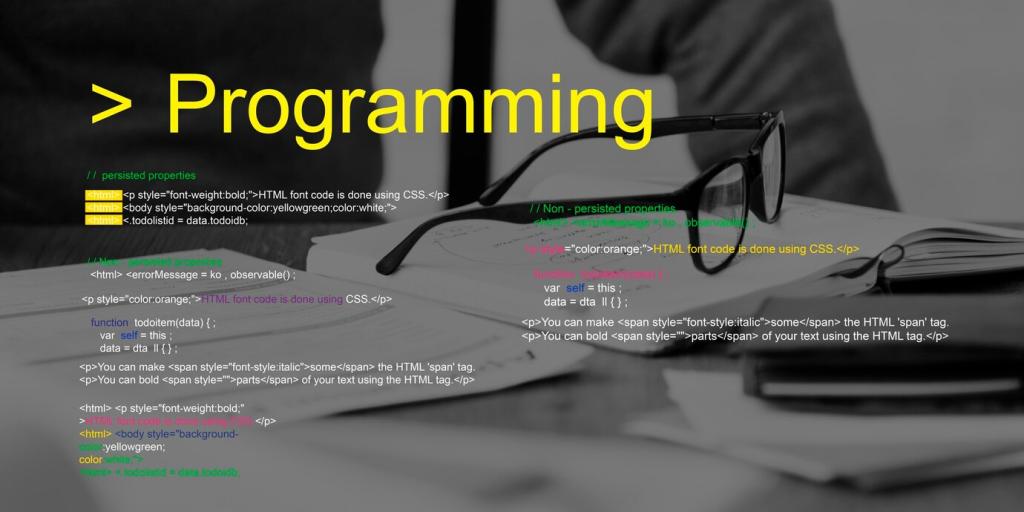
Beginner-Friendly Python Projects to Practice Coding
Jumping into Python programming can be both exciting and daunting for beginners. One of the best ways to build your skills and confidence is by working on small, manageable projects. These projects not only reinforce core Python concepts but also show you how to apply them to solve real-world problems. Here, you’ll discover four sections featuring project ideas and mini-tasks designed specifically for those starting their Python journey.
Getting Started with Simple Python Projects
Number Guessing Game
A number guessing game is a staple beginner project that introduces essential programming concepts such as loops, conditionals, and user input. In this project, the computer selects a random number within a specified range, and the player has to guess the number based on feedback after each attempt. You will practice using the `input()` function, converting string inputs to integers, and working with the `random` module. As you build and refine this game, you’ll deepen your understanding of logical flow and how to interact with users in a console-based Python environment. Completing this exercise is a great way to see how small code changes can create a dynamic and interactive experience.
Basic Calculator
Crafting a basic calculator in Python helps you get comfortable with arithmetic operations and function definition. The calculator should be able to add, subtract, multiply, and divide numbers supplied by the user, ideally in a loop that allows multiple calculations. This project gives you the chance to practice input validation, error handling (such as dividing by zero), and modular code design by grouping logic into separate functions. As you iterate on your calculator, consider adding features like repeating calculations or using operator precedence, which will subtly introduce you to more advanced programming patterns.
Temperature Converter
A temperature converter is an excellent project for practicing data conversion and output formatting. The goal is to let users enter a temperature in one scale (such as Celsius or Fahrenheit) and have the program convert it to the other. This task will reinforce your abilities to use simple mathematical formulas, process user input, and display meaningful results. Experiment with different ways of presenting the output, perhaps rounding the results for readability or handling unexpected user entries gracefully. Such refinements improve both your programming and problem-solving skills.

Previous slide
Next slide
Fun with Python: Creative Mini-Projects
A Mad Libs game generator is a playful exercise in string formatting and user interaction. The program asks users for a series of words, such as nouns, verbs, or adjectives, without revealing the story context. Once all the inputs are collected, the completed story—with its humorously mismatched words—gets displayed. This project reinforces concepts like string concatenation, positional input, and basic text output. Building a Mad Libs generator gives you the creative freedom to design new stories and templates, helping you see how code can bring a narrative to life interactively.

